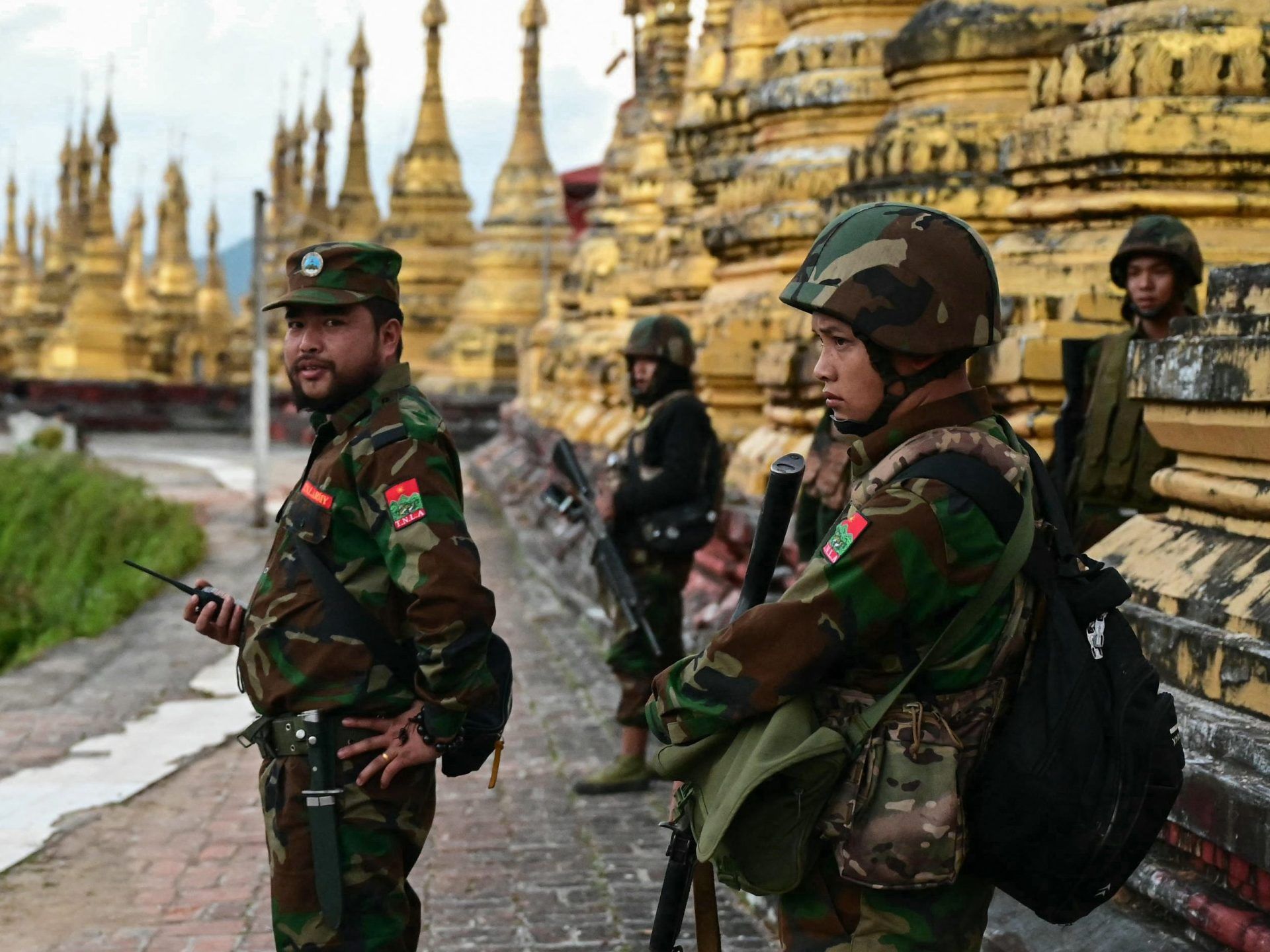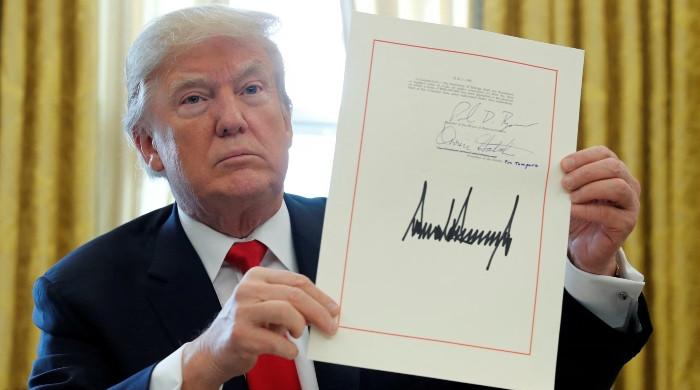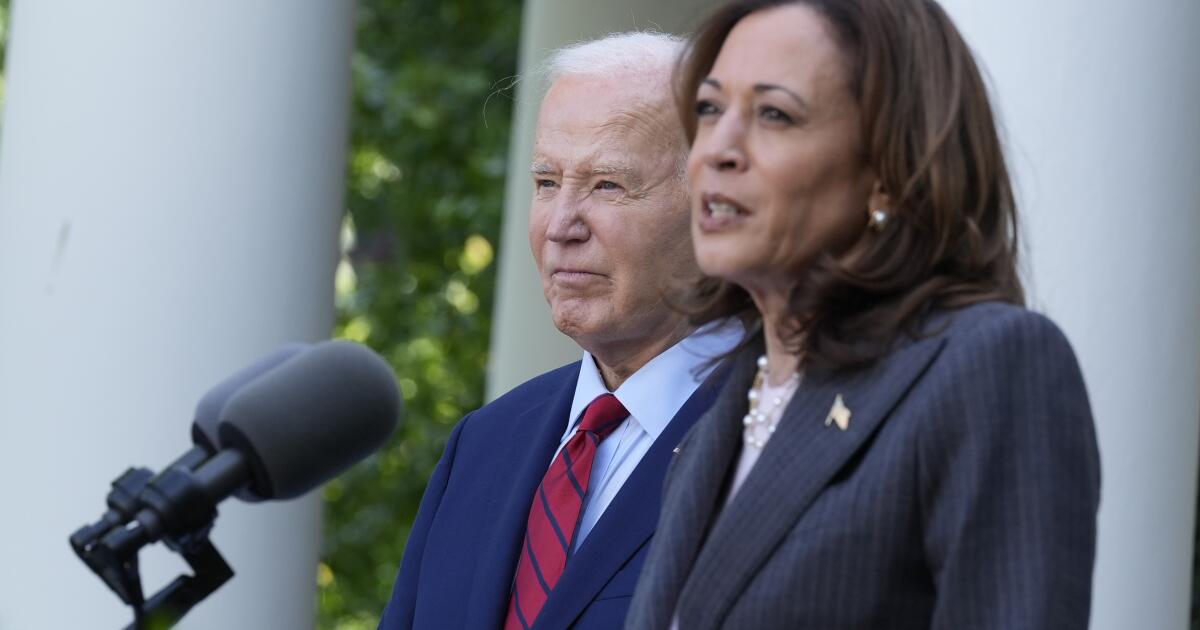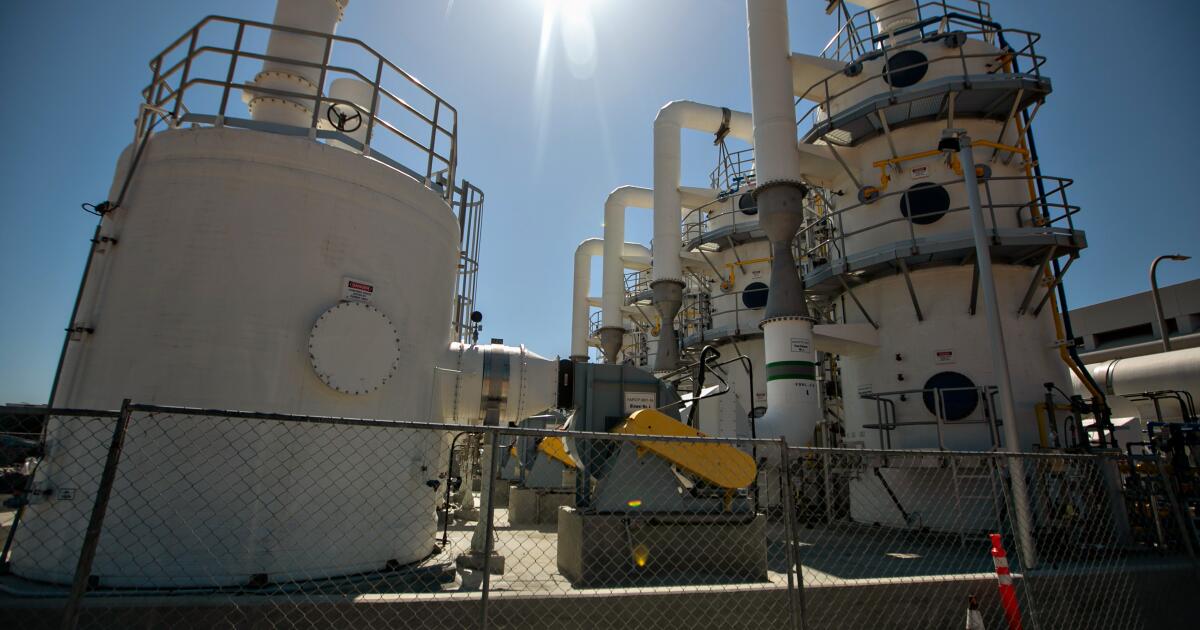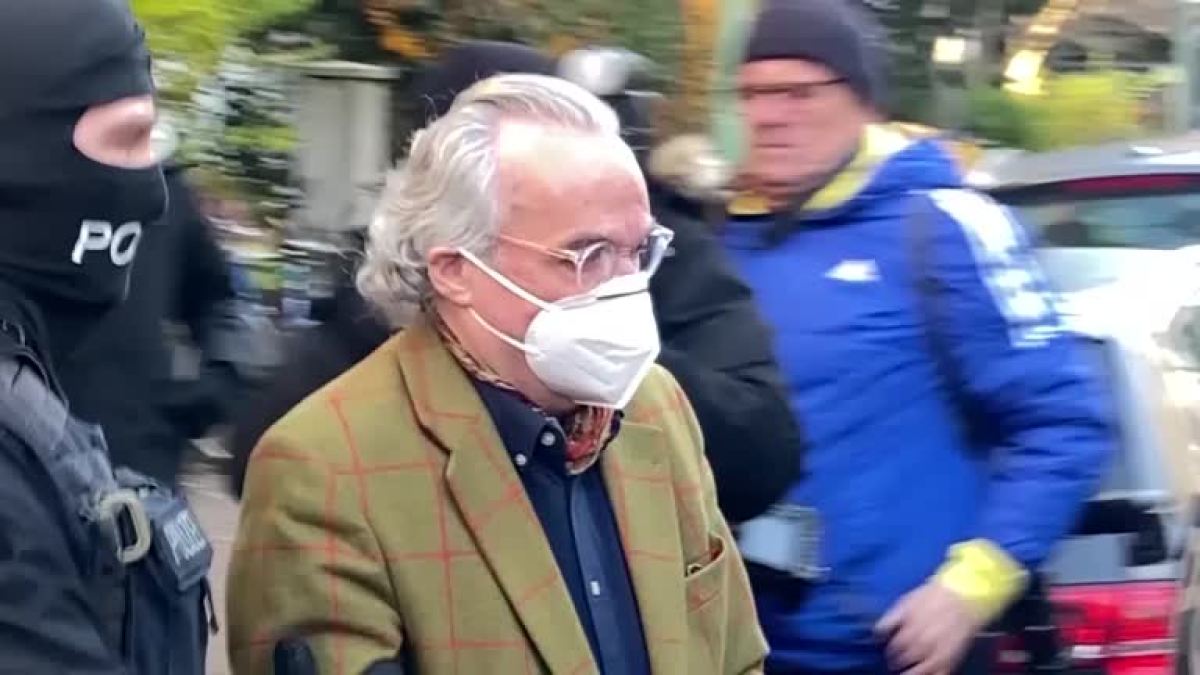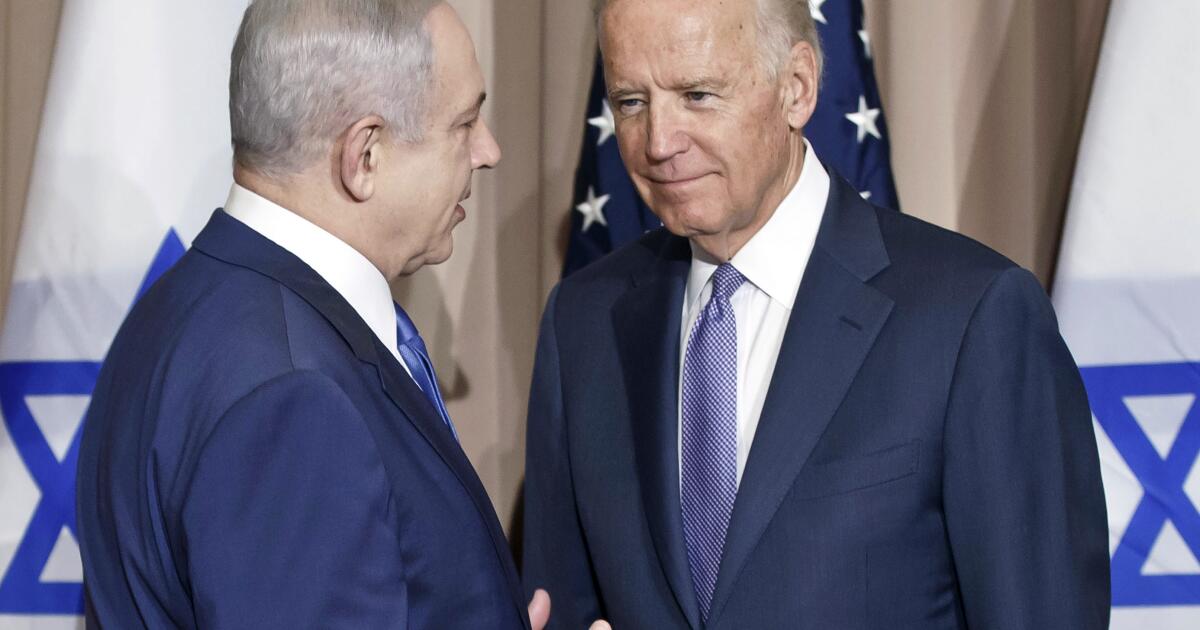The annual amnesty marking Independence Day comes during a crisis in the north that poses a threat to the military rulers.
Myanmar’s military government has pardoned more than 9,000 prisoners, including 114 foreign nationals, to mark the country’s Independence Day.
Friends and relatives of the prisoners gathered outside the high-security Insein prison in the commercial capital Yangon as the releases began on Thursday and were expected to take place over several days.
The identities of those who were to be released were not yet known and there were no indications that any political prisoners were going to be released.
The amnesty announced Thursday, part of an annual statement, comes as the government faces a crisis in the north of the country, where ethnic armed groups have captured military and border posts, threatening to block trade with China.
Against this turbulent backdrop, the Independence Day celebrations lacked the usual pomp and circumstance, with military chief Min Aung Hlaing notably absent from the proceedings. In a statement, his administration said 9,652 prisoners would be released.
The military came to power in a coup in February 2001 after overthrowing civilian leader Aung San Suu Kyi, brutally suppressing protests and cracking down on all forms of dissent.
Suu Kyi, 78, is currently in prison, sentenced to 33 years on a range of politically motivated charges, from corruption to disobeying COVID-19 restrictions. Her party was dissolved last year after failing to comply with strict new party registration laws.
Since taking power, military leaders have been accused of murdering dozens of prisoners and covering up their deaths as escape attempts. According to the Assistance Association for Political Prisoners (AAPP) monitoring group, more than 25,730 people were detained for opposing the coup and almost 20,000 remain detained.
The AAPP reports that at least 4,277 civilians, including pro-democracy activists, have been killed by security forces. In 2022, the generals sparked international condemnation after executing four pro-democracy leaders and activists in the country’s first use of the death penalty in decades.

